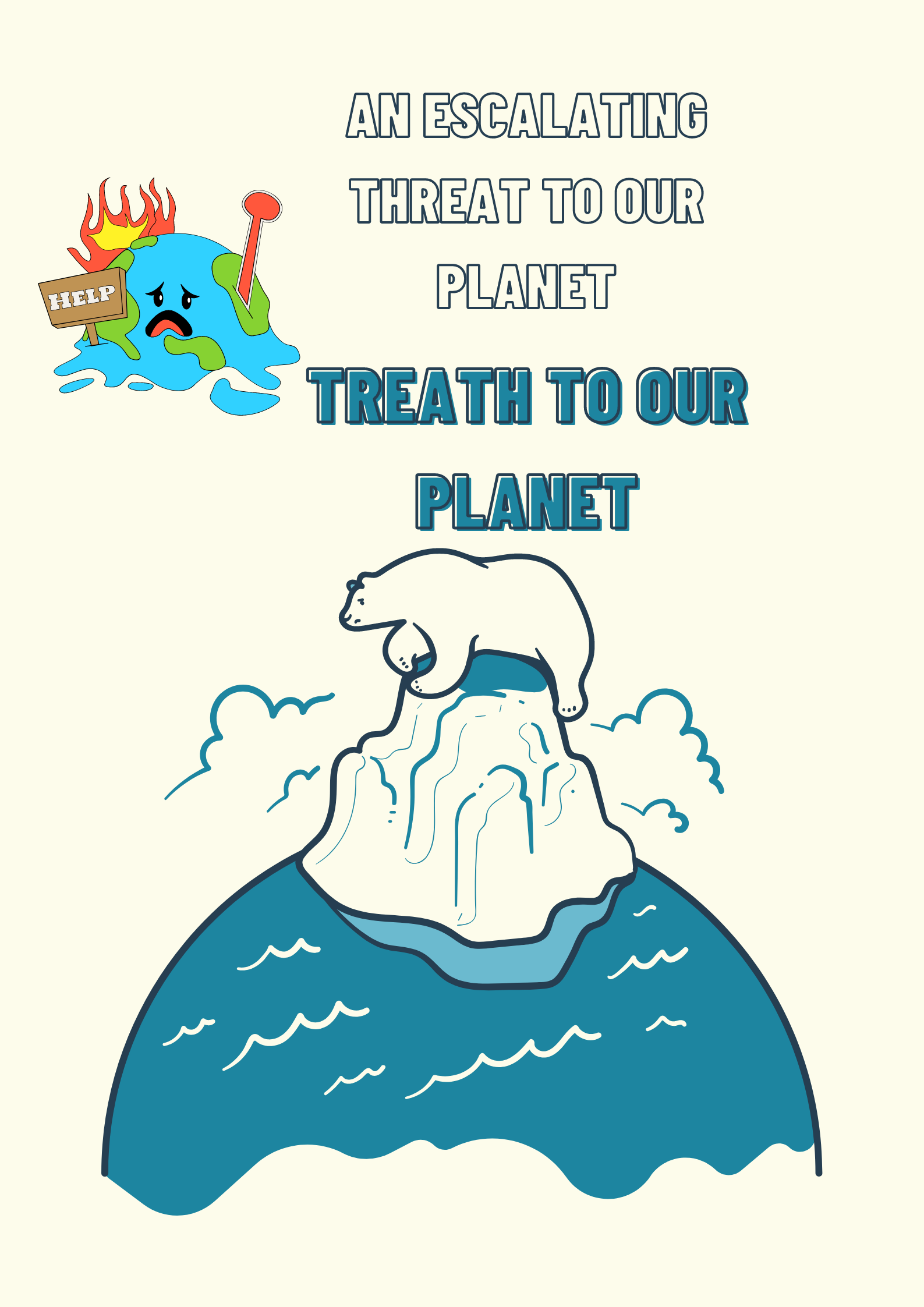Content Writing

 Solar Power: Lighting the Path to Sustainable Energy
Solar Power: Lighting the Path to Sustainable Energy
Solar power, a renewable energy harnessed from the sun, stands as a beacon of sustainable energy. It's growth and potential benefits signal a promising path toward a more sustainable future.
The conversion of sunlight into electricity is achieved through photovoltaic (PV) cells. These semiconductor devices absorb sunlight, generating electrons to create an electric current. Solar power has seen a significant growth spurt over the last decade, becoming the fastest-growing new energy source worldwide, as the International Energy Agency (IEA) reported.
The advantages of solar power over fossil fuels are undeniable. It's renewable, inexhaustible, and clean, producing no harmful emissions. It can reduce dependence on traditional power grids, offering energy independence and the potential for lower utility bills.
However, solar power faces challenges. High upfront costs can limit its accessibility, and dependence on weather conditions can determine its effectiveness. Despite these challenges, continuous advancements in solar technology are reducing costs and increasing efficiency. Efforts to improve solar energy storage could also help address reliability issues.
In conclusion, as we continue to innovate and harness the sun's power, we are taking significant steps towards a cleaner, greener world. The future of solar power shines bright.
References:
National Renewable Energy Laboratory (NREL). (2023). "How Does Solar Work?" Retrieved from www.nrel.gov
International Energy Agency (IEA). (2022). "World Energy Outlook 2022". Retrieved from www.iea.org
U.S. Department of Energy (DOE). (2023). "Benefits of Residential Solar Energy." Retrieved from www.energy.gov
Office of Energy Efficiency & Renewable Energy (EERE). (2023). "Challenges and Opportunities for Solar Energy." Retrieved from www.energy.gov/eere
Fraunhofer Institute for Solar Energy Systems (ISE). (2022). "Solar Energy: The Future is Bright." Retrieved from www.ise.fraunhofer.de

Global Warming: An Escalating Threat to Our Planet
Global warming, the long-term heating of Earth's climate system, is a pressing issue confronting us today. The consistent increase in the planet's temperature poses severe risks and demands immediate attention.
The primary cause of global warming is human activities, particularly the emission of greenhouse gases like carbon dioxide and methane. Industrialization, deforestation, and burning fossil fuels for electricity, heat, and transportation contribute substantially to these emissions.
The impacts of global warming are widespread and alarming. Rising temperatures are melting polar ice caps and glaciers, contributing to sea-level rise and threatening coastal communities. It also leads to more frequent and severe weather events, such as hurricanes and heatwaves.
Moreover, global warming affects biodiversity. Changes in climate disrupt the habitats and life cycles of many species, leading to shifts in their populations and geographical ranges.
Efforts to combat global warming are imperative. Transitioning to renewable energy sources, promoting energy efficiency, and preserving our forests can reduce greenhouse gas emissions. Global cooperation is crucial in this endeavor4.
In conclusion, global warming is an escalating crisis that requires collective action. The time to act is now, to ensure a sustainable future for generations to come.
References:
U.S. Environmental Protection Agency (EPA). (2023). "Causes of Climate Change". Retrieved from www.epa.gov
National Aeronautics and Space Administration (NASA). (2023). "The Effects of Climate Change". Retrieved from www.nasa.gov
World Wildlife Fund (WWF). (2022). "Impacts of Global Warming on Biodiversity". Retrieved from www.wwf.org ↩
United Nations Framework Convention on Climate Change (UNFCCC). (2023). "Action on Climate Change". Retrieved from www.unfccc.int

The Remote Work Revolution: Easing Commuting Woes in the Philippines
The struggle of commuting in the Philippines, characterized by congestion and long travel hours, is a common grievance for many Filipinos. One compelling solution lies in the growing trend of remote work.
Metro Manila, the hub of the country's economic activities, is infamous for its severe traffic situation. The Japan International Cooperation Agency (JICA) reported economic losses amounting to 3.5 billion pesos per day due to traffic congestion. This scenario underlines the need for innovative strategies like working from home.
The advent of digital technologies has made remote work increasingly feasible. High-speed internet and collaborative tools allow employees to perform tasks from their homes, eliminating the need to travel. This shift offers a win-win situation. Employees can save time and money on commuting while enjoying a better work-life balance. Employers, on the other hand, can observe increased productivity and reduced operational costs.
The COVID-19 pandemic further pushed the transition to remote work as businesses adapted to quarantine protocols. It showcased the large-scale viability and advantages of working from home. However, this trend also comes with challenges like uneven internet access, home distractions, and lack of face-to-face interaction. These issues highlight the need for improved digital infrastructure and employer support for effective home office setups.
In conclusion, while not a universal fix, remote work offers a potential solution to the commuting crisis in the Philippines. This shift to a more flexible work arrangement can pave the way for a sustainable future in the country's work environment.
References:
Japan International Cooperation Agency (JICA). (2021). "Metro Manila Traffic Impact Study". Retrieved from www.jica.go.jp
World Bank. (2022). "Work from Home: Benefits and Challenges". Retrieved from www.worldbank.org
Department of Labor and Employment (DOLE). (2022). "COVID-19 and the Shift to Remote Work in the Philippines". Retrieved from www.dole.gov.ph
Philippine Institute for Development Studies (PIDS). (2023). "Towards Effective Remote Work in the Philippines". Retrieved from www.pids.gov.ph

